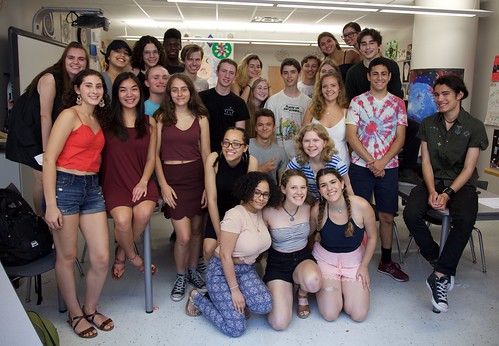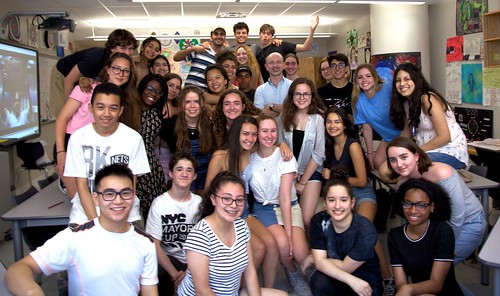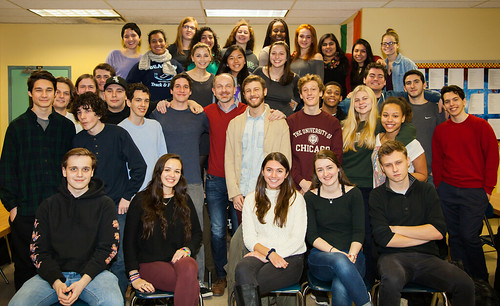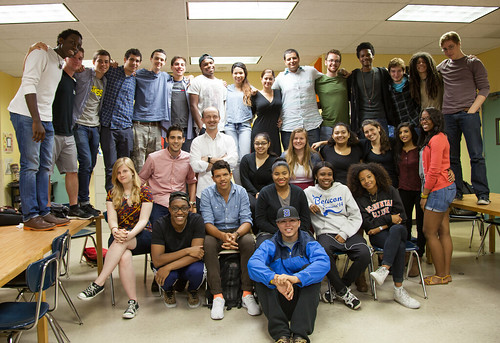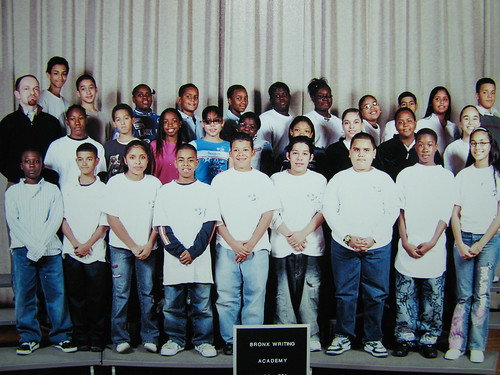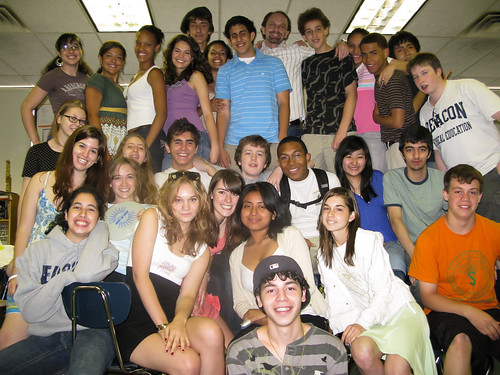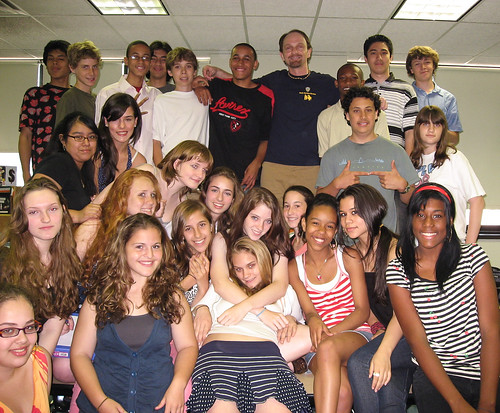Hope everyone is in the midst of a great spring break! When you have a spare moment, I would encourage you to read some of your chosen poet’s poetry. As a reminder, here are the details for the poet study, your PBA for this class:
Looking ahead to your Poetry PBA Portfolio, start thinking about your main opinion, or thesis, about your poet’s work. Read a significant body of work by your poet (20-30 poems). Ultimately, you will focus your study on 10 poems. Some good questions to ask yourself as you read:
- What themes do you notice in your poet’s work?
- Where and how do these themes appear?
- Which poems you’ve read most clearly show these themes?
- What techniques (poetic devices, style, language, etc.) does this poet use most often, and how do they affect the poems?
- What effect do they have? In other words, how do they shape and change your reading of the poems?
- What tone, or mood do you get from these poems? How do they make you feel?
- Take some notes on your answers to these questions, and start coming up with an opinion about your poet’s work.
Your PBA will include (in this order):
- Cover Sheet
- A 1-2 page mini-bio of your poet.
- A 5-7 page essay that introduces and analyzes the work of your poet, including a strong claim (a thesis) about your poet and his/her work. In this analysis you should demonstrate great control of your poet’s work. Finally, your discussion must be complemented by 3 primary or secondary sources (critical/analytical in nature).
- The 10 poems (untouched) chosen for this project.
- Two original poems mirroring your poet’s style.
- As an appendix: Annotated copies of the ten poems chosen for this project.


